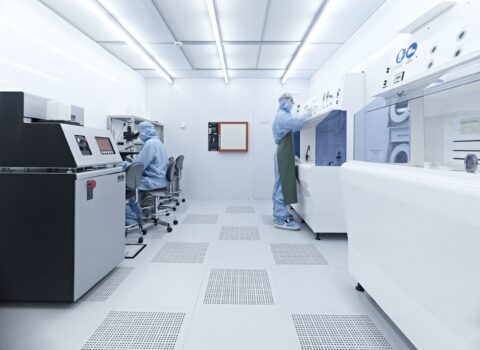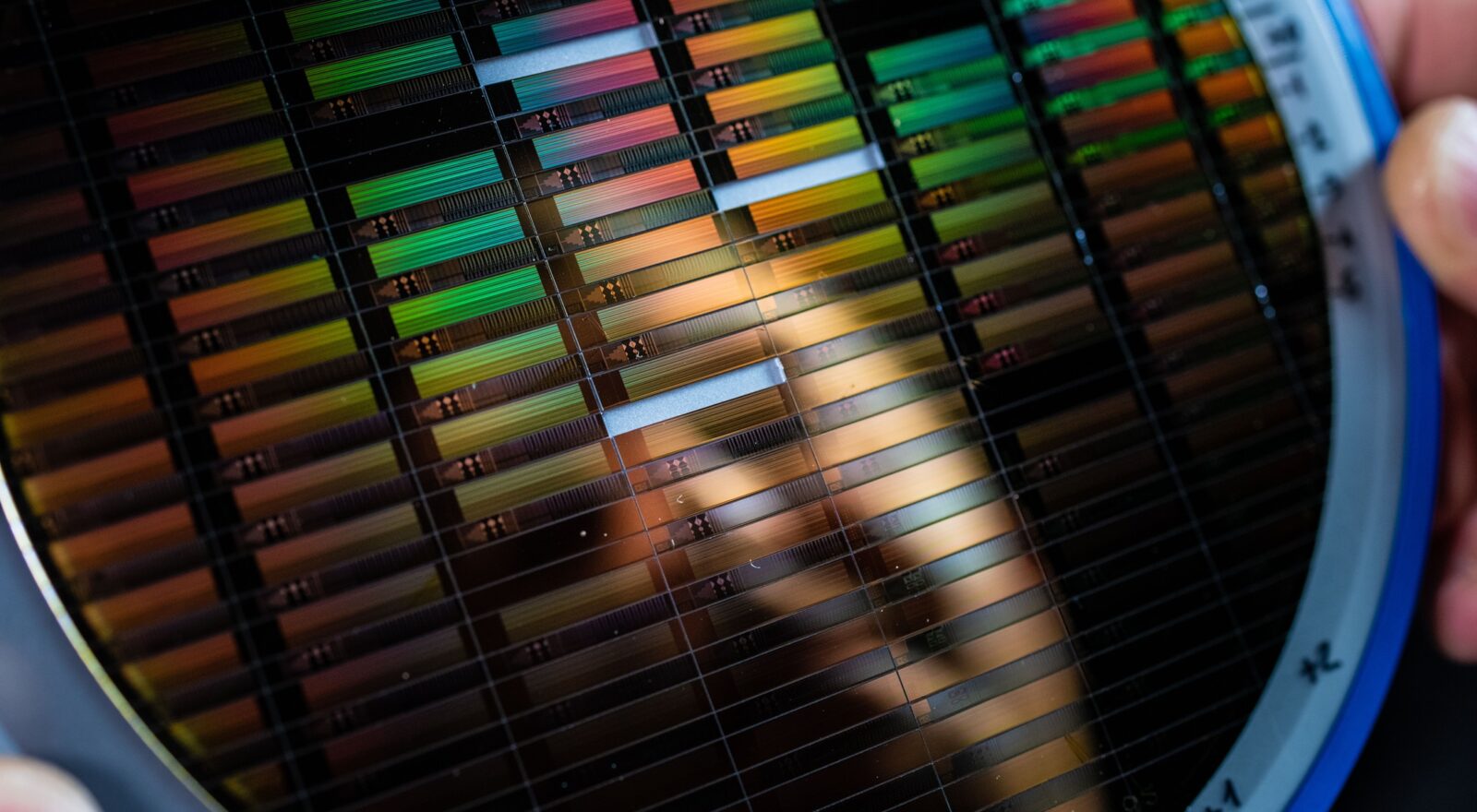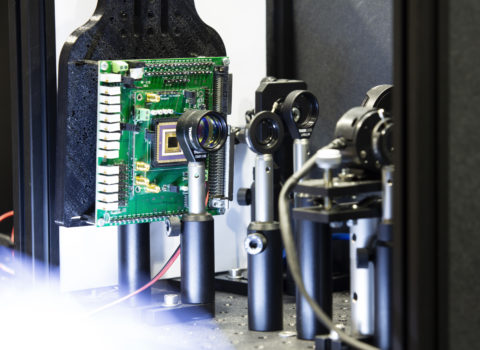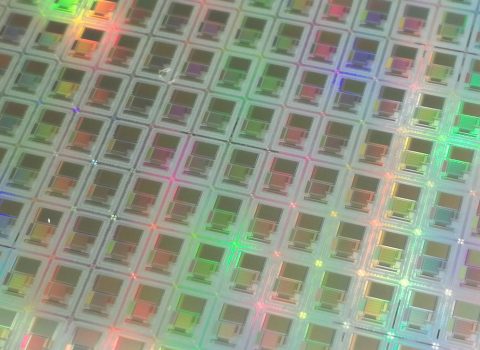
On the silicon road: from Trento to Taiwan
The story of Leonardo Limongi, a doctoral student at FBK's Center for Sensors & Devices who spent a training period at the National Applied Research Laboratories
Taiwan is a world leader in the production and export of silicon technologies, and there Leonardo Limongi, a Ph.D. student in Materials, Mechatronics and Systems Engineering at FBK’s Integrated and Quantum Optics (I&QO) Unit and the Department of Industrial Engineering at the University of Trento, attended the “Integrated Circuit Design and Implementation” course at the National Applied Research Laboratories – NARLabs.
 Specifically, the course was held at the Taiwan Semiconductor Research Institute (TSRI) and focused on learning more about the latest innovations in silicon technologies through lectures given by university professors and experts in the field coupled with hands-on laboratory sessions and company visits. The sessions covered both theory and software application for the simulation and design of electronic integrated circuits (EICs) and photonic integrated circuits (PICs).
Specifically, the course was held at the Taiwan Semiconductor Research Institute (TSRI) and focused on learning more about the latest innovations in silicon technologies through lectures given by university professors and experts in the field coupled with hands-on laboratory sessions and company visits. The sessions covered both theory and software application for the simulation and design of electronic integrated circuits (EICs) and photonic integrated circuits (PICs).
Through this experience, I learned how to design and simulate an integrated chip that combines electronic and photonic functionalities. I am excited to have learned about the design and simulation software required in the field of microfabrication. I will definitely apply what I learned in Taiwan to my doctoral project, which focuses on the fabrication of a PIC (Photonic Integrated Circuit) using lithium niobate technology,”Leonardo Limongi said.
The title of Leonardo’s research project is “Development of a Platform for Integrated Quantum Photonics based on Lithium Niobate”. The main goal of the project is to make an integrated photonic device capable of manipulating and detecting quantum states of light, taking full advantage of the nonlinear and electro-optical properties of lithium niobate by combining them with mature silicon chip fabrication techniques.





